MODERN POETRY OF PAKISTAN
EDITED BY IFTIKHAR ARIF
TRANSLATIONS EDITED BY WAQAS KHWAJA

DALKEY ARCHIVE PRESS CHAMPAIGN AND LONDON Copyright 2010 by Dalkey Archive Press
Foreword copyright 2010 by Fakhar Zaman
Preface copyright 2010 by Iftikhar Arif
Introduction copyright 2010 by Waqas Khwaja
Translations copyright 2010 by their respective translators
All rights reserved Library of Congress Cataloging-in-Publication Data Modern poetry of Pakistan / edited by Iftikhar Arif; translations edited by Waqas Khwaja. -- 1st ed.
p. cm.
Includes poems translated from seven major languages in Pakistan:
Balochi, Kashmiri, Punjabi, Pashto, Seraiki, Sindhi, and Urdu.
ISBN: 978-1-56478-669-2
1. Pakistani poetry--20th century--Translations into English. I. II. II.
Khwaja, Waqas Ahmad.
PK2978.E5M65 2011
808.810089914122--dc22
2010035342 The publication of Modern Poetry of Pakistan was made possible by support from the University of Illinois at Urbana-Champaign, as well as by grants from the National Endowment for the Arts, a federal agency, and the Illinois Arts Council, a state agency. 
 Permission for use of the poems has been granted by the copyright holders. www.dalkeyarchive.com
Permission for use of the poems has been granted by the copyright holders. www.dalkeyarchive.com
CONTENTS
Modern Poetry of Pakistan
FOREWORD
Poetry is universal, and its enduring appeal depends on the ability of poets to capture and convey our innermost emotions. Like a fragrance that spreads everywhere in a subtle, almost imperceptible way, poetry transcends all borders and nationalities. Pakistani poetry is especially rich because it is inspired by the mystic poets of Sufi tradition. Indeed, the fundamental ethos of Pakistani culture and literature is perhaps most visible in the Sufi poetry of the region.
The mystics lived their lives among the common people, giving expression to their sorrows and joys. Their poetry is an open rebellion against prejudice, intolerance, and hatred. This mystic heritage, which is reflected in all the countrys regional languages, is the driving force behind Pakistani poetry. The subject matter of Pakistani poetry ranges from romance to resistance against the tyranny of dictators and other oppressors. Some of our more traditional poetry is couched in rhyme and meter, while some is free verse. The most recent Pakistani poetry is offbeat and avant-garde and exudes a new sensibility, infused with fresh metaphors and similes.
As a general rule, though, the diction of our poetry is devoid of stereotypes, clichs, and other hackneyed expressions. Pakistani poetry can, I believe, easily be compared to the best poetry currently being written in any of the worlds major languages. I hope that this selection of poems will provide a comprehensive glimpse into the vibrant literature of Pakistan. I am sure that American readers will be both surprised and delighted by the kaleidoscopic colors of our countrys poetry. I offer my appreciation to the American Embassy in Pakistan for arranging reciprocal translations of the poetry of our two countries. FAKHAR ZAMAN
Chairman, Pakistan Academy of Letters, Islamabad
PREFACE
The poetry of Pakistan is not something young like the country, which is only some six decades old.
It represents an unbroken tradition rooted in the rich mystic soil of the land and in the refined and highly sophisticated verse of masters like Meer, Ghalib, and Iqbal, whose own sources of inspiration go back to the great Persian poets Hafiz, Saadi, Rumi, and Omar Khayyam. It is by no means a matter of opinion when I say that the heritage of world literature has been the poorer for not having given due recognition to this magnificent tradition, but I would hasten to add that the fault has entirely been our own for not endeavoring to facilitate translations of this work into the major languages of the world. We are a multilingual country, one in which a host of cultures, intermingled with folk traditions that have persisted for millennia, informs the national psyche and colors creative expression in all its various forms. Pakistani literature itself spans a broad range, its themes encompassing moral, social, emotional, intellectual, and philosophical issues. In the realm of poetry, the topic of love, with its limitless dimensions, of course claims the largest territory, yet reflections and insights abound concerning society and the human condition, particularly in regard to the question of how the individual braves the privations of a developing economy while tradition grapples with new ideas. In Pakistan, modern trends in poetry have been evident almost from the advent of modernity itself: it would be difficult to single out any experimental trend in Western poetry that has failed to find enthusiasts among the younger generation of our own poets as well (sometimes to the great amusement of the classical school).
In our own literary milieu, debates still rage between the art-for-arts-sake school and those who argue that art must serve society: the progressive movement, which originated in the 1920s, in the wake of the Bolshevik Revolution, and which held sway for close to a half century, continues to be visible in certain areas of mainstream poetry, if no longer as strident as it once was. Faiz Ahmad Faiz, Ahmad Nadeem Qasmi, Sheikh Ayaz, and Gul Khan Naseer were among the last great progressives. The creation of Pakistan in 1947 provided space for a synthesis of the intellectual and philosophical thought that emerged on the Indian subcontinent following the arrival of Muslims in the eighth century. During the centuries preceding the birth of Pakistan, Islamic thought had undergone a number of important developments, represented by such luminaries as Amir Khusro (12531325); Sheikh Ahmad Sarhindi, known as Mujaddid Alif Thani (15641624); Shah Waliullah (17031762); and Sir Syed Ahmad Khan (18171898). This process found its fullest expression in the thought and poetry of Allama Muhammad Iqbal (18771938), who spearheaded the move in British India for an independent Muslim state. His poetry and thought have influenced successive generations of poets and thinkers, not only on the subcontinent but throughout the Muslim world.
Among the poets who became popular in the new country were N. M. Rashid, Meeraji, and Faiz Ahmad Faiz. This troika represents three divergent trends in Urdu poetry: Faizs inspiration coming from progressive Marxist ideology, whereas Rashid and Meeraji represent the modernists. Nasir Kazmi captured the experience of migration, combining the classical with a highly contemporary sensibility, while Majeed Amjad made creative use of local imagery and idiom. Others, among them Qaiyyum Nazar, Mukhtar Siddiqi, Zia Jalandhari, Yousaf Zafar, Aziz Hamid Madni, and Saqi Faruqi, gave new vigor to the Urdu nazm , and Jamiluddin Aali, Ahmad Faraz, Athar Nafees, and Jaun Elia did the same for the Urdu ghazal .
With their unique styles and vision, poets such as Ahmad Nadeem Qasmi, Munir Niazi, Saleem Ahmad, and Zafar Iqbal have given us new ways of looking at the world. Similarly, Ghani Khan, Janbaz Jatoi, Taos Banihali, and Sheikh Ayaz have opened up new paths for poets writing in Pashto, Seraiki, Kashmiri, and Sindhi. A distinctive blend of Arabic vocabulary, Persian epic tone, and the echoes of a historic past finds expression in many a talented poet of our time. Akhtar Hussain Jaafri combined these elements into a coherent system of thought, producing a small volume of poetry that stands out for its virtuosity. Along with my contemporaries, I have also made my humble contribution to this classical mode. More recently, another trend has emerged in which the epic tone of the Persian classics is being transposed into a highly modern atmosphere.



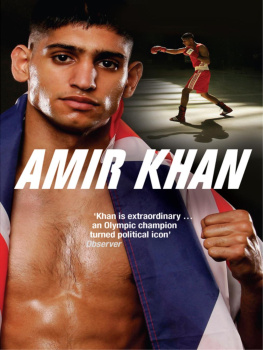
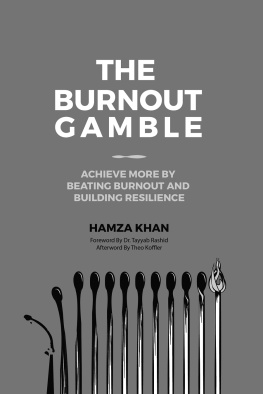
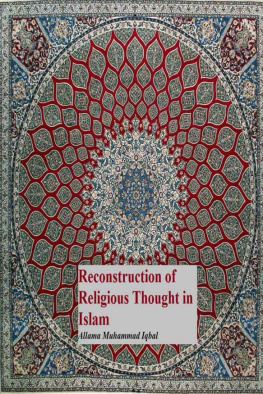
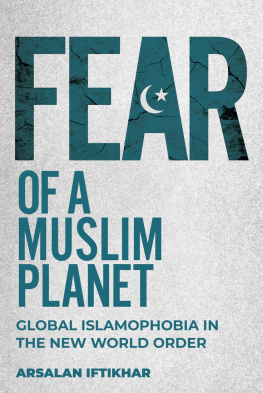
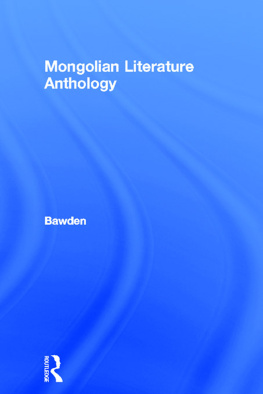
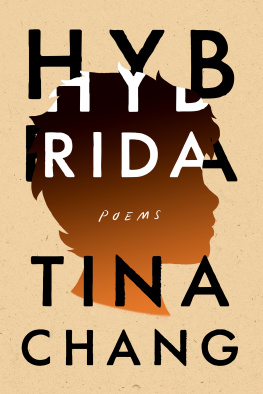
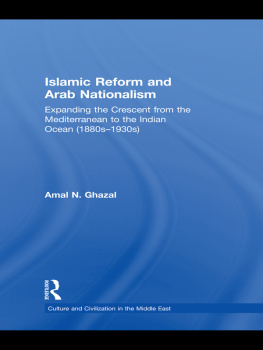
 DALKEY ARCHIVE PRESS CHAMPAIGN AND LONDON Copyright 2010 by Dalkey Archive Press
DALKEY ARCHIVE PRESS CHAMPAIGN AND LONDON Copyright 2010 by Dalkey Archive Press
 Permission for use of the poems has been granted by the copyright holders. www.dalkeyarchive.com
Permission for use of the poems has been granted by the copyright holders. www.dalkeyarchive.com